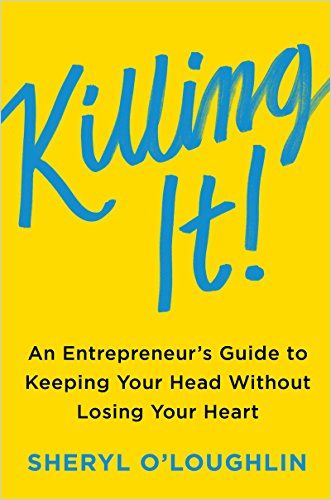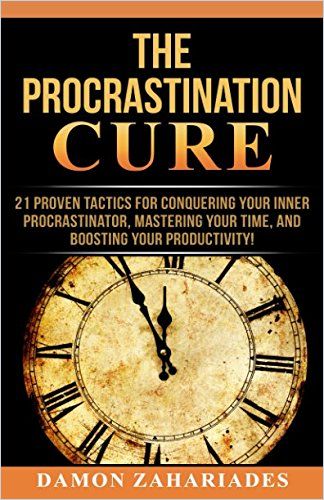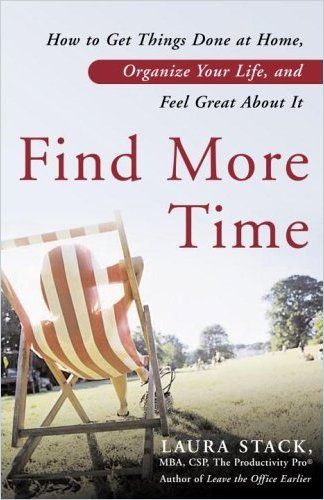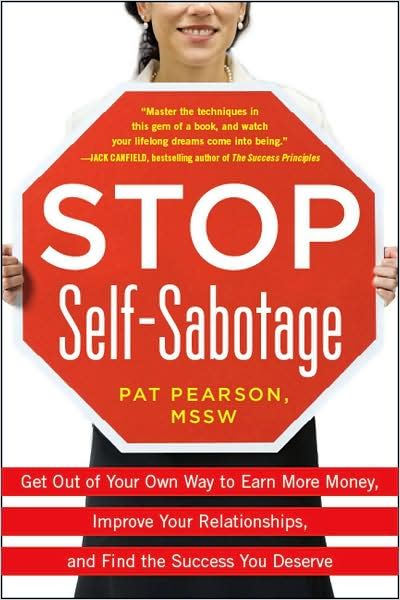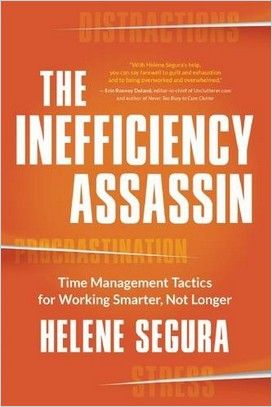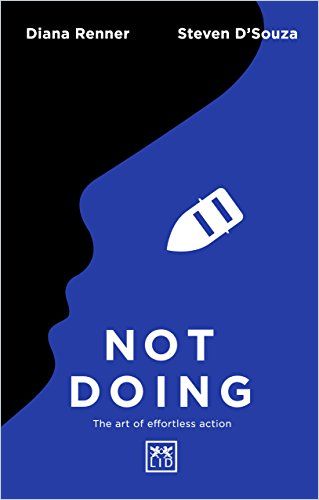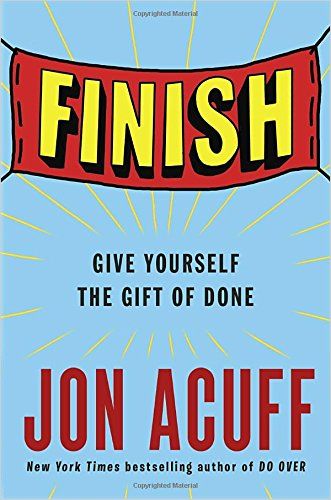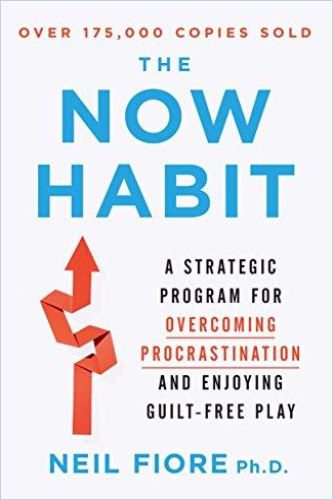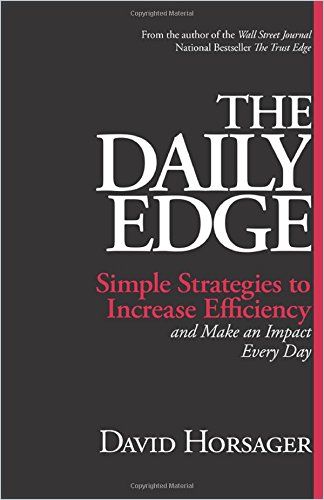Nobody Is Perfect

These days, it’s nice to see that more companies than ever before are thinking about how to retain their own workforce and how to keep employees motivated even though they are scattered all over the place. But even the best organizational practices won’t help as long as there’s an employee sitting at home in front of the screen who – mostly subconsciously – thinks he or she is the last genius on earth, and who believes that only a perfectly done job will move the whole company forward. In fact, the opposite is the case.
In a global economy consisting of 7.8 billion people, it is statistically quite impossible that a single person would know all the permutations to solve a problem, let alone to utilize them. That he or she would arrive at a perfect solution on his or her own – and at the right time – is even more unlikely.
1. You Are Not Perfect, So Your Work Is Not Perfect Either
The evidence is overwhelming: Perfectionism is self-limiting because it promulgates black-and-white thinking and an “all-or-nothing mentality.” Perfectionists draw from a fixed mind-set and take little or no pleasure in the journey toward achieving their goals. Often, they see falling short of expectations as total failure and gain little from the experience of trying. Perfectionists get bogged down in details and lose sight of the big picture, and that’s what keeps them from making rapid, collaborative progress.
You don’t believe me? Here’s some food for thought:
Perfectionists also are prone to depression or anxiety because they want absolute control over every aspect of their lives, which is an impossible feat. Often those who seek perfection adopt an overly ideal picture of reality and reject experiences that do not align with that fantasy.
2. Perfectionism Kills Motivation
If you’re a perfectionist in our fast-paced and hyperconnected business world, your “on-your-own” success rate tends to drop a little more with each human, robot or bright idea entering the business somewhere on the planet. For the world, that’s great. For you, it’s bad.
Possibly, you may not be aware of your perfectionist tendencies and blame yourself for missed ideas, links, deadlines and targets.
You might decide to ‘take it up a notch,’ to be perfect next time, only to wonder why this won’t do it either. In the end, the resulting frustration either leads to procrastination, takes the fun out of your work, or worse.
No, this has nothing to do with those pesky colleagues who keep challenging your “oh-so-perfect” ideas. You simply need to realize that not everything needs to be perfect, and recognize that people have different approaches – which is the key to success. So, give some thought to your “standards,” not just around the quality of your own achievements, but also for the minimum level of accomplishment you will accept from others.
Bearing all this in mind (especially if you’re working from home) makes everyday life easier and takes away a large part of the mental load that so many perfectionists carry around with them.
Here is some help from getAbstract’s library:
In his memoir The Right Kind of Crazy, Jet Propulsion Lab engineer Adam Steltzner discusses facing failure, heeding your subconscious, cultivating a Zen-like beginner’s mind and tapping into your intuition – and he provides a witty list of things to remember (yes, daily!) if you tend to be a perfectionist:
- Fear of failure can block success.
- Get comfortable with doubt.
- Be willing to authorize yourself and your work.
- Stay calm.
- Strive to see the big picture.
3. The Fact That Your Work Isn’t Perfect Doesn’t Mean It Isn’t Good
So, what can you do to put the perfectionist in you in its place – at least to the extent that it loses its destructive power?
How about the motto “Excellence, not perfection?” Writer, businessman, academic and entrepreneur David Horsager puts it frankly in his classic The Daily Edge:
- Strive to do everything as well as you can, but don’t let getting everything just right become an obsession.
- Ask people to comment on your work to help you avoid spending too much time on a quest for perfection.
- Set deadlines.
- Try to get a task right the first time, so you don’t have to waste time doing it over.
Here are our best summaries on avoiding the trap of perfectionism:
Now, head to the kitchen, pour yourself a cup of coffee, and enjoy the truly perfect forecast for the coming weeks of acceptable mistakes in you, others and what you deliver together. Chances are, the overall result will be better than anything you would have achieved as a perfectionist.



